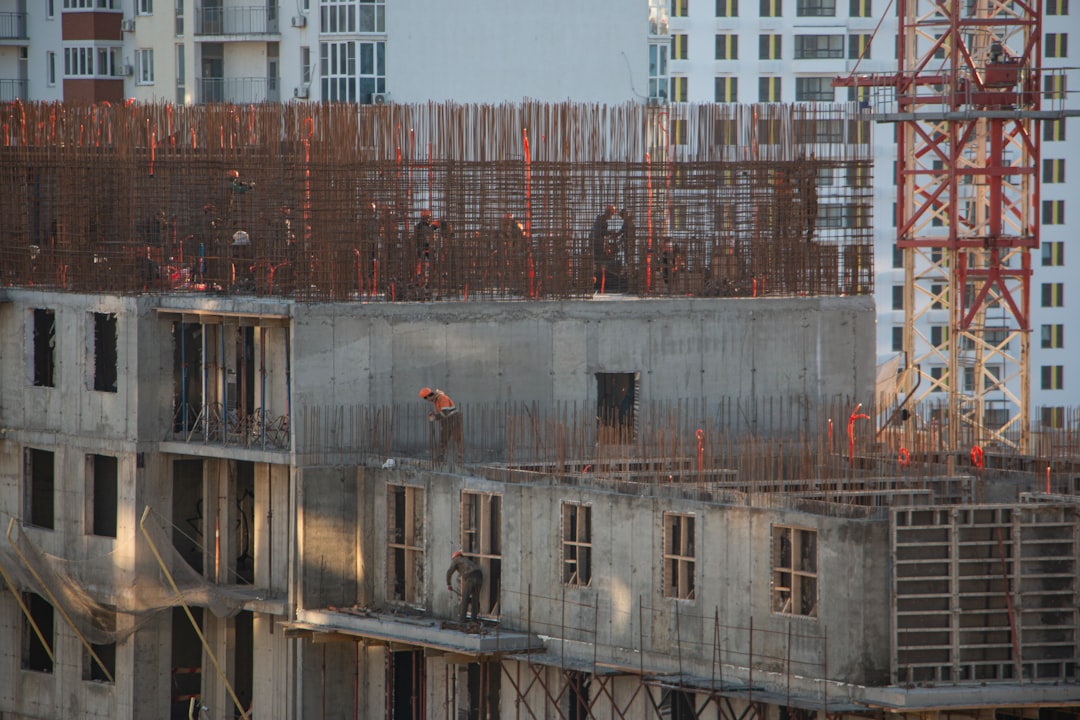
In Jacksonville, the cost of blown insulation ranges from $1.00 to $2.80 per square foot for cellulose and $1.00 to $2.80 for fiberglass, including labor. These costs can vary based on factors such as fuel surcharges, seasonal rebates, and bulk purchasing discounts. Blown insulation is crucial for maintaining energy efficiency in Jacksonville's hot summers and occasional cold winters. It creates a thermal barrier that reduces HVAC workload and lowers utility bills.
Blown insulation, also known as loose-fill insulation, effectively fills gaps and cavities, providing a seamless thermal blanket. This is particularly beneficial in Jacksonville's climate, where energy efficiency is key to comfort and cost savings.
AI-Driven Estimates: Receive instant, itemized estimates through our real-time voice interface, utilizing live material pricing.
Blueprint Takeoffs: Upload plans for quick, accurate coverage calculations without manual counting.
Licensed Crews: Our teams adhere to Florida Building Code R402.1.2, ensuring proper insulation depth and ventilation.
Cellulose: Made from recycled paper, treated for fire and pest resistance, excellent for sound dampening.
Fiberglass: Moisture-resistant spun glass fibers, ideal for humid climates, maintaining loft over time.
The Department of Energy suggests R30 to R60 for attics in Zone 2B. CountBricks typically installs:
1. Free AI Voice Consultation – Describe your home’s details for an instant estimate.
2. Pre-Install Inspection – Verify measurements and check ventilation.
3. Air-Sealing & Prep – Seal gaps before insulation application.
4. Blown Application – Achieve target density with high-output machines.
5. Smart Depth Verification – Use infrared scanners for accuracy.
6. Clean-Up & Final Walkthrough – Ensure a tidy finish and complete inspection.
Most projects complete in four hours, with additional time for complex structures.
Loose-fill products settle 10-13%, factored into initial depth for lasting R-value.
Our materials are low-VOC and formaldehyde-free, with proper ventilation during installation.
Explore service options at CountBricks.com and start your consultation today.

A Jacksonville home reduced its summer electric bills from $285 to $185 per month after a CountBricks insulation upgrade. The project involved air-sealing, installing baffles, and blowing fiberglass to achieve R45.
1. AI Takeoff identified attic and wall coverage needs.
2. Crews sealed penetrations and installed insulation.
3. Post-install tests showed a 22% reduction in air leakage.
Off-Peak Season: January to March offers lower costs and faster service.
Coordinate with Roofing: Combining projects reduces labor costs.
1. Check for visible joists indicating low insulation.
2. Identify temperature variations between rooms.
3. Monitor HVAC runtimes for efficiency issues.
Visit CountBricks.com for a consultation and start your energy-saving journey.